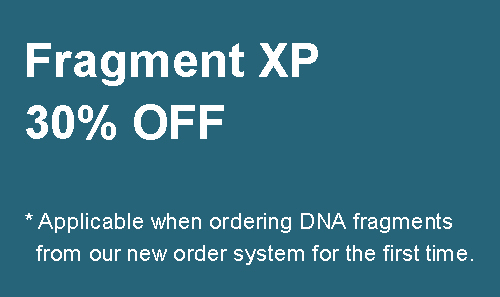Have you ever wondered how scientists create tailored solutions for individual needs? The answer lies in the fascinating world of dna fragment synthesis. This powerful technique allows researchers to design and produce specific segments of DNA, paving the way for personalized medicine, agriculture, and beyond. In this article, I’ll explore the remarkable properties of dna fragment synthesis and its implications for personalization.
What is DNA Fragment Synthesis and What Are Its Key Features?
DNA fragment synthesis refers to the process of creating short sequences of nucleotides that can be assembled into longer strands of DNA. This method has several key attributes: precision, efficiency, and versatility. By enabling scientists to construct custom genetic sequences with high accuracy, it opens up new avenues for research and application. One particularly exciting aspect is its role in personalization—tailoring genetic constructs to meet specific requirements or preferences based on individual biological contexts.
How Does an sgRNA Library Enhance Personalization Through DNA Fragment Synthesis?
The sgrna library plays a crucial role in enhancing personalization by providing a diverse collection of guide RNAs designed for CRISPR gene editing applications. Each sgRNA can target different genes within an organism’s genome, allowing researchers to customize interventions at a molecular level. With access to these libraries generated through efficient DNA fragment synthesis techniques, we can fine-tune therapeutic strategies according to unique patient profiles or agricultural traits suited for particular environments.
What Makes Synthetic Biology (Synbio) Unique in Terms of Personalization?

Synthetic biology (Synbio) takes personalization a step further by integrating engineering principles with biological systems. It leverages tools like DNA fragment synthesis not only to modify existing organisms but also to create entirely new ones tailored for specific functions or characteristics. For instance, Synbio enables us to design microbes that produce biofuels more efficiently or plants that thrive under challenging conditions—all customized based on environmental data or consumer demands.
Conclusion
In summary, the advancements brought about by DNA fragment synthesis are transforming our approach toward personalization across various fields—from healthcare innovations aimed at treating individuals more effectively to agricultural practices designed around local needs. As we continue exploring this dynamic intersection between technology and biology, it’s clear that personalized solutions will become increasingly accessible thanks to these groundbreaking methods.


